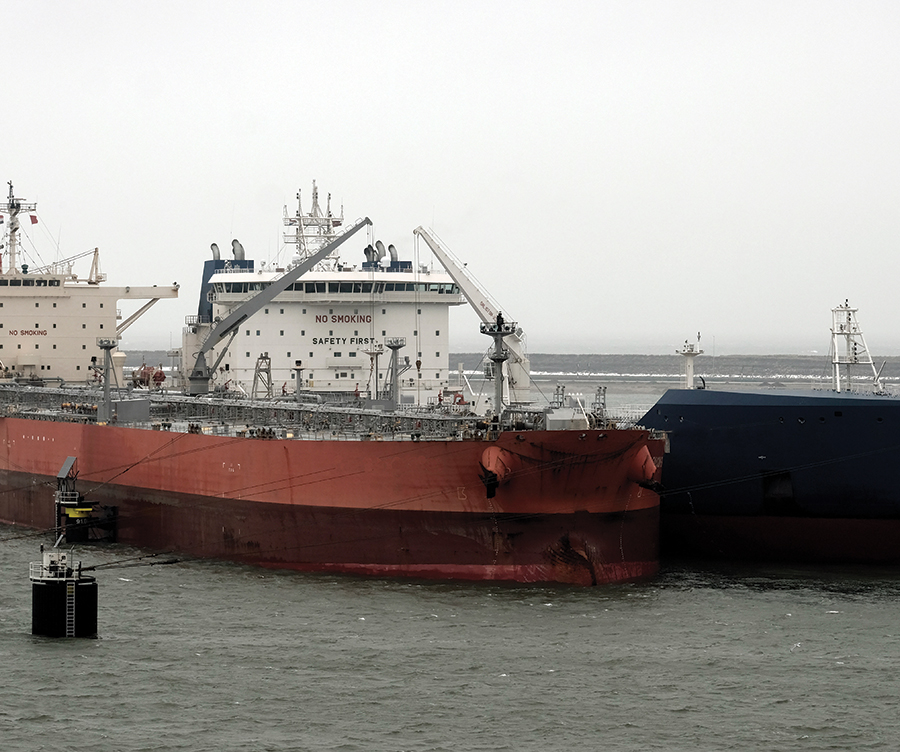Panama has announced measures targeting so-called shadow vessels, halting registration for tankers over 15 years old and cancelling the flag status of several ships recently sanctioned by the US.
Countries subject to US and European sanctions, notably Russia and Iran, have increasingly turned to a growing fleet of ageing vessels to facilitate shipments of oil and other cargoes without involving western companies.
In turn, western governments have stepped up enforcement actions against specific vessels and shipping companies, resulting in an increase in vessel detentions. Campaign groups have also warned that the shadow fleet presents a major environmental risk.
The Panamanian Ship Registry announced on August 2 it would no longer allow such vessels to obtain flag status in the country, and that for vessels already registered, safety inspections and certificate verification would be stepped up.
The registry says the measures will “optimise the operational performance of its fleet [and] minimise the risk of detentions”, noting that between 2023 and mid-2025, nearly three-quarters of detained vessels were more than 15 years old.
“By prioritising quality over quantity and implementing more rigorous oversight mechanisms, [the action] ensures that the Panamanian fleet complies with the most demanding international regulations, thus contributing to a safer and more sustainable industry,” the registry says.
Maritime intelligence company Windward says the move “is set to reshape global flag registration”.
Panama, whose flag registry is the second-largest in the world, has previously granted registration to large numbers of high-risk vessels, including those not currently subject to sanctions, Windward says.
Nearly 200 vessels considered high-risk by Windward – defined as those operating in sanctioned markets and engaging in deceptive activity – are currently flagged in Panama and are over 15 years old, but have not been targeted by authorities.
14% of tankers linked to Russian trade are registered in Panama, it adds.
The announcement follows last year’s decision by Panamanian authorities to de-list vessels if they are designated by US sanctions authorities.
The Panama Maritime Authority (AMP) announced on August 4 it would cancel the registration of 17 vessels sanctioned by the US the previous week for their role in shipping Iranian oil and cargo.
The US action targeted more than 60 vessels, as well as commodity traders and shipping companies in Hong Kong, Singapore, Switzerland and the UAE. The government’s Office of Foreign Assets Control described the move as “its largest Iran-related action since 2018”.
AMP said its action demonstrates a “zero-tolerance policy regarding the misuse of the ship registry”.
Windward warns that the crackdown “is expected to drive owners of older tonnage toward registries with looser oversight, accelerating the record levels of flag-hopping seen across the commercial fleet”.
Flag-hopping, where a vessel’s registration is switched to avoid detection, has previously been highlighted as a red flag for high-risk activity.
However, Windward notes that authorities are also stepping up action against companies that manage flag registries.
Last month, the EU announced sanctions against UAE-based Intershipping Services LLC, which operates flag registries in Gabon and Comoros, the first action of its kind.
Intershipping Services had been flagging vessels transporting Russian oil, including those that have “regularly engaged in high-risk shipping practices”, the bloc said.







